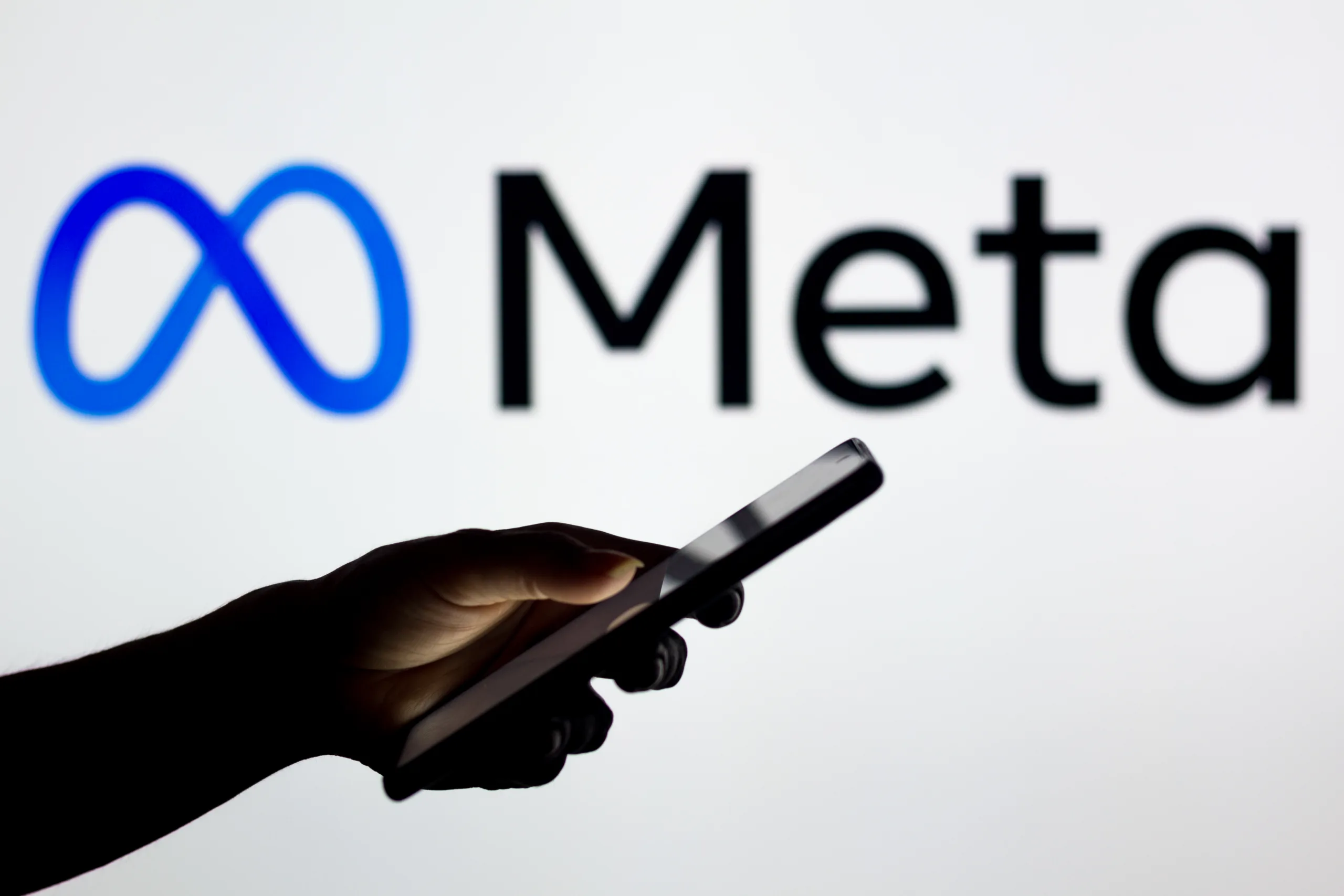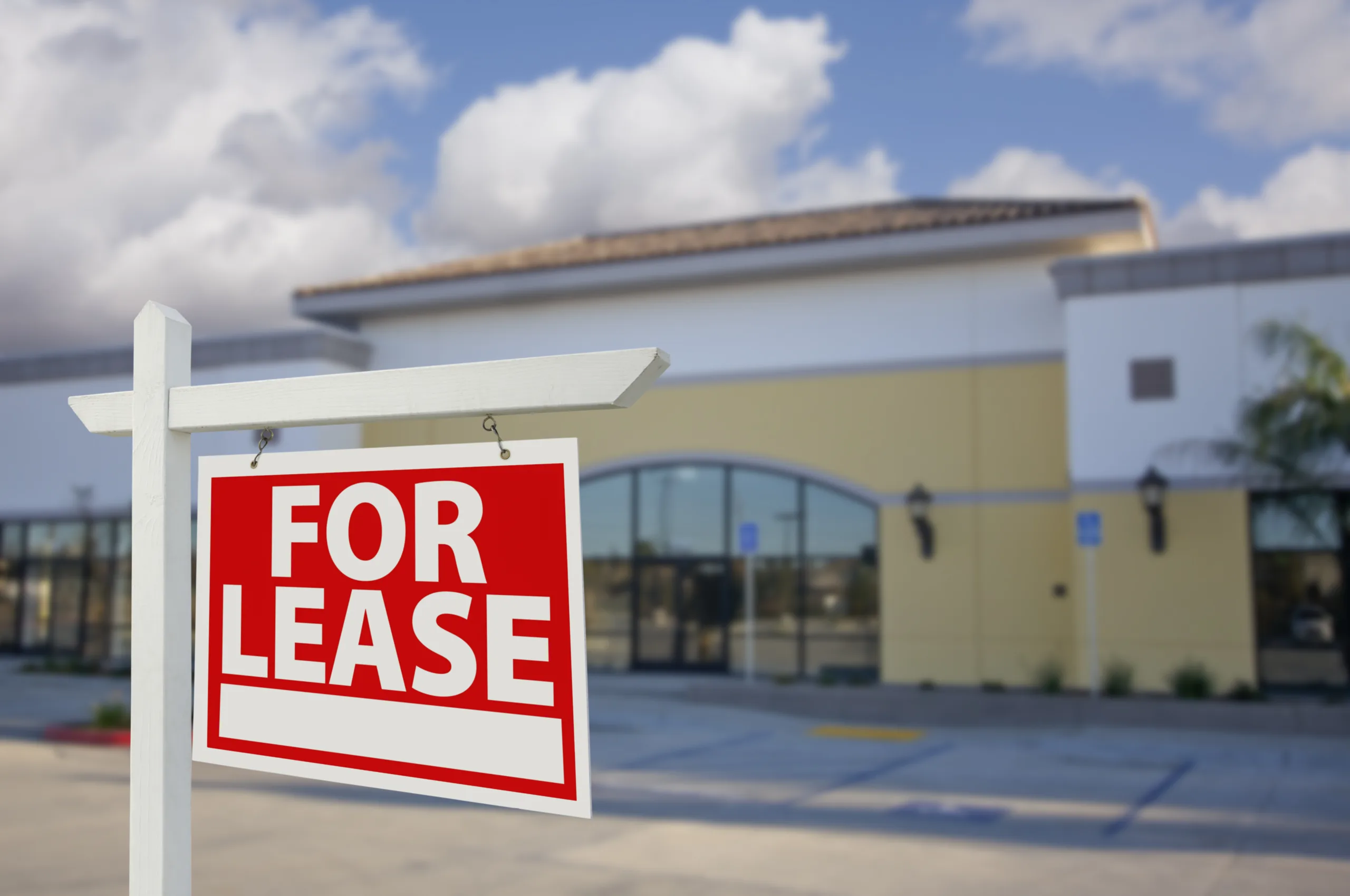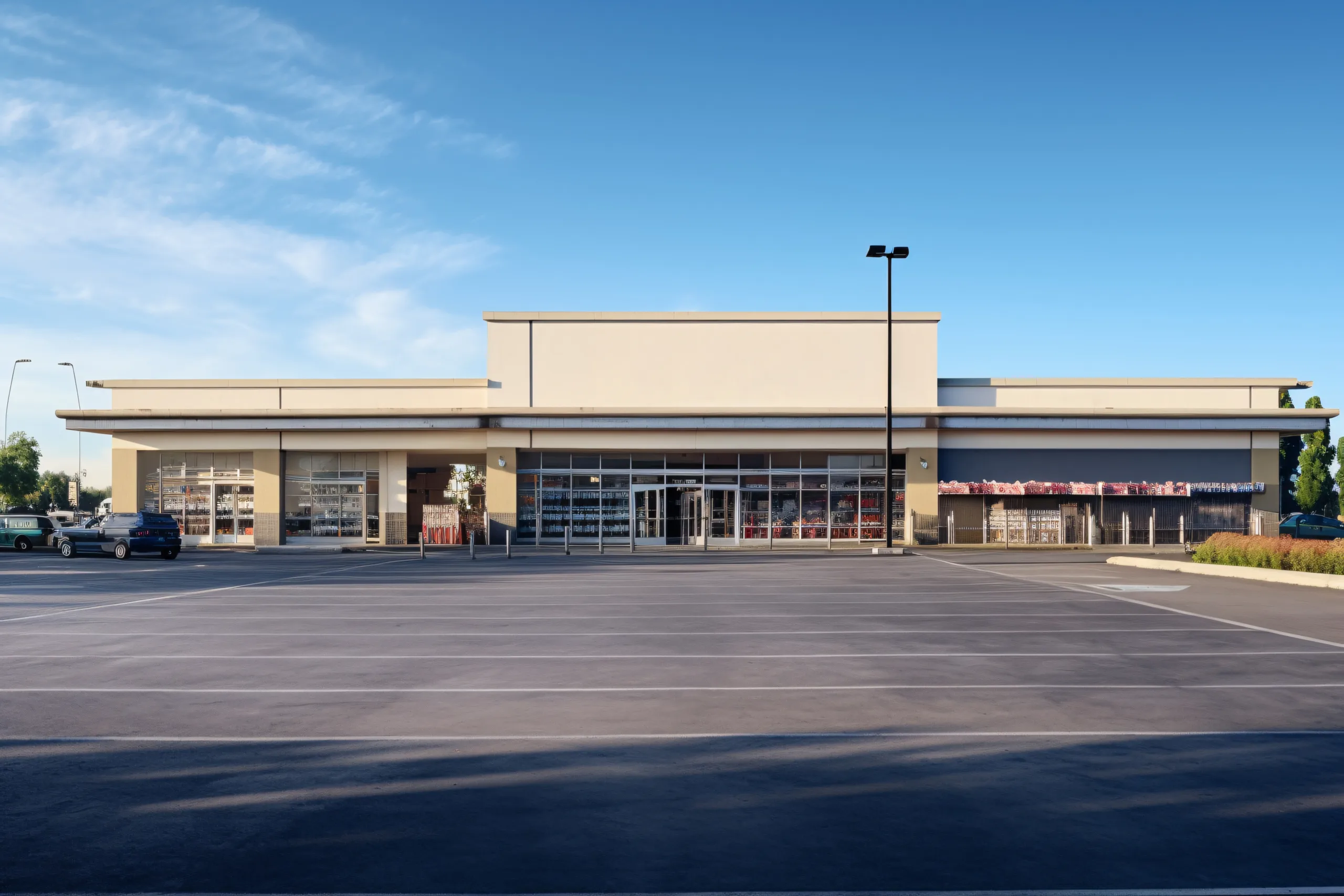- Kroger and Albertsons will sell 579 stores to address FTC concerns, aiming for approval of their $24.6B merger.
- The stores are spread across 18 states and D.C., with significant numbers in Washington (124), Arizona (101), and Colorado (91).
- Despite earlier plans to divest 400 stores for $1.9B, the FTC found the initial offering inadequate.
- The merger follows a similar strategy used in Albertsons’ acquisition of Safeway in 2015.
According to Bloomberg, Kroger (KR) and Albertsons (ACI) have outlined plans to divest nearly 600 stores to secure federal approval for their historic $24.6B merger.
The deal, first announced in October 2022, could result in a chain that can compete with giants like Walmart (WMT), Amazon (AMZN), and Costco (COST), as reported on Globest and The Real Deal.
Under The Magnifying Glass
The merger was scrutinized by the Federal Trade Commission (FTC), which raised concerns about reduced competition and the potential negative impacts on workers and consumers.
Initially, Kroger and Albertsons proposed selling 400 stores to C&S Wholesale Grocers for $1.9B. However, the FTC deemed this insufficient, leading the chains to increase their divestiture to 579 stores for $2.9B.
Kroger CEO Rodney McMullen assured employees in the affected locations that they would transition to C&S Wholesale Grocers, with pay, health plans, and collective bargaining agreements honored.
Divestiture Details
The nearly 600 stores slated for sale include a mix of Safeway and Albertsons locations, along with other brands such as Vons, Pavilions, Jewel-Osco, Harris Teeter, Marianos, QFC, Tom Thumb, Haggen, Lucky Store, Market Street, Randalls, and Fry’s Food Stores. Six distribution centers and one dairy plant are included in the divestiture.
- Washington: 124 stores
- Arizona: 101 stores
- Colorado: 91 stores
- California: 63 stores
- Oregon: 62 stores
- Illinois: 35 stores
- Texas: 28 stores
- Alaska: 18 stores
- Nevada: 16 stores
- Idaho: 10 stores
- New Mexico: 9 stores
- Wyoming: 5 stores
- Maryland & Utah: 4 stores each
- Virginia: 3 stores
- Louisiana & Montana: 2 stores each
- Delaware & D.C.: 1 store each
What’s Next
The divestiture strategy echoes Albertsons’ previous acquisition of Safeway, where the FTC approved the deal following the sale of 168 stores. However, the subsequent bankruptcy of Haggen Holdings, which bought many of those stores, casts a shadow over the current divestiture plan’s potential.
As the August 26 federal court hearing approaches, Kroger and Albertsons continue to emphasize the benefits of the merger, including $500M to cut prices, $1B to raise wages and benefits, and $1.3B to improve Albertsons stores. Despite union protests and regulatory challenges, the companies remain committed to reshaping the competitive landscape of the U.S. grocery market.



















